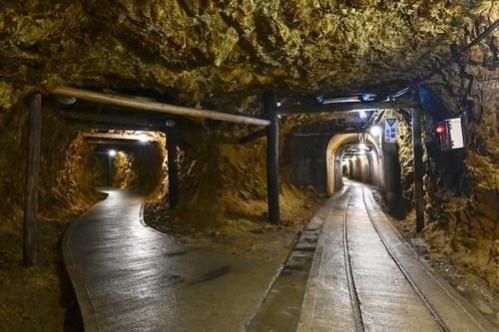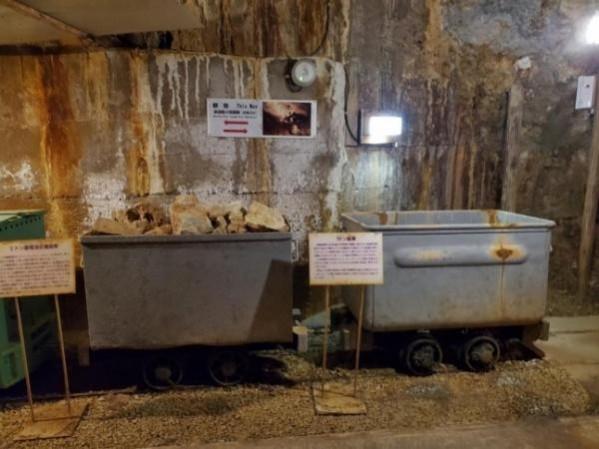South Korea has expressed "strong regret" over Japan's push to recommend a former gold mine associated with wartime forced labour as a candidate for a Unesco World Heritage site and called for its retraction.
Seoul's Second Vice Foreign Minister Choi Jong-moon called in Japanese Ambassador to South Korea Koichi Aiboshi to lodge a protest after Japanese Prime Minister Fumio Kishida announced plans to nominate the controversial mine on Sado Island for the 2023 Unesco heritage list, reports Yonhap News Agency.

The decision is expected to be confirmed in a Cabinet meeting slated for February 1, the application deadline.
"Our government expresses strong regret over the Japanese government's decision to push for the Sado mine, where Koreans were forced to labour during World War II, despite our repeated warnings, and urged it to stop such attempts," Ministry spokesperson Choi Young-sam said in a statement.

Vice Minister Choi delivered the message of protest to Aiboshi, calling for Japan to immediately stop the pursuit of the heritage designation while "disregarding the painful history", according to his office.
The Sado mine originally operated as a gold mine in the 17th century, but it was turned into a facility to produce war-related materials, such as cooper, iron and zinc, during World War II.
It was completely shut down in 1989.
According to historical documents, as many as 2,000 Koreans were forced into hard labour at the mine.
If the application is submitted, a Unesco advisory body will inspect the mine site in fall and decide around May next year whether to add it to the list.
The World Heritage Committee will then screen its opinion that summer.










